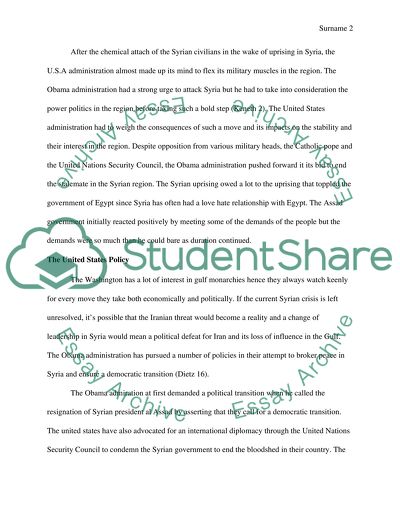Cite this document
(“Power helps states to survive in the international system. Do Essay”, n.d.)
Power helps states to survive in the international system. Do Essay. Retrieved from https://studentshare.org/history/1493201-power-helps-states-to-survive-in-the-international
Power helps states to survive in the international system. Do Essay. Retrieved from https://studentshare.org/history/1493201-power-helps-states-to-survive-in-the-international
(Power Helps States to Survive in the International System. Do Essay)
Power Helps States to Survive in the International System. Do Essay. https://studentshare.org/history/1493201-power-helps-states-to-survive-in-the-international.
Power Helps States to Survive in the International System. Do Essay. https://studentshare.org/history/1493201-power-helps-states-to-survive-in-the-international.
“Power Helps States to Survive in the International System. Do Essay”, n.d. https://studentshare.org/history/1493201-power-helps-states-to-survive-in-the-international.


